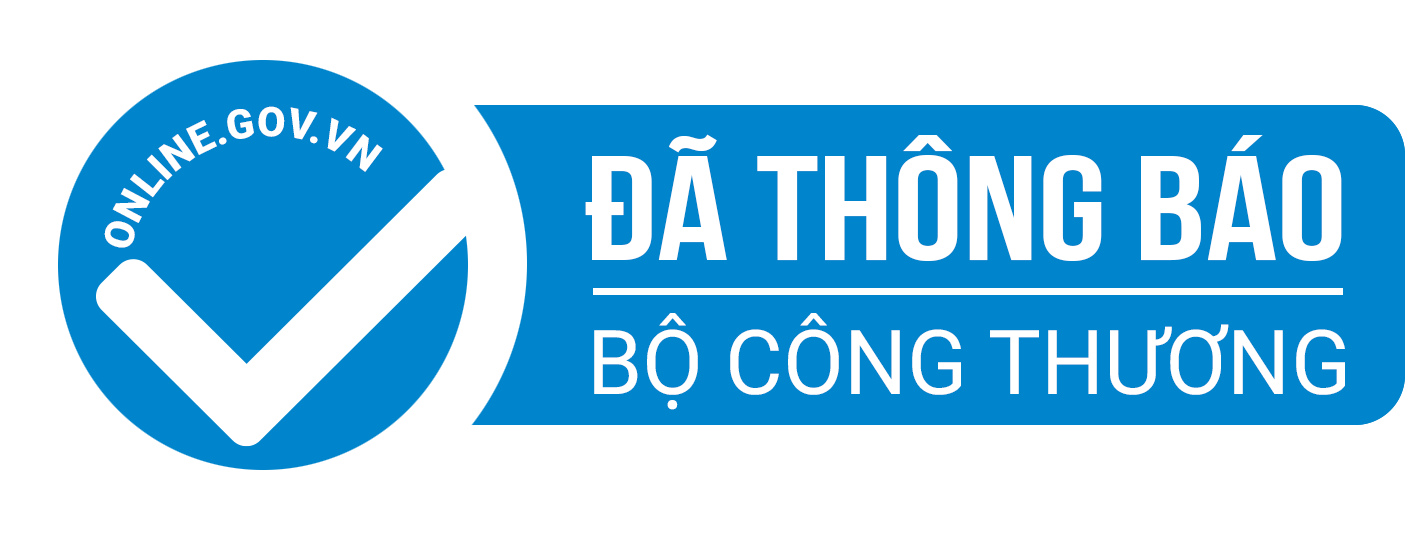VNPT received a 5G service business license.
On the afternoon of April 15, at the State Management briefing of the Ministry of Information and Communications, VNPT Group was awarded a license to establish a network and provide terrestrial mobile information services using 5G technology
Director of the Department of Telecommunications, Nguyen Thanh Phuc, said that after 15 years of regulations on radio frequency auctions in the 2009 Radio Frequency Law, for the first time, the Ministry of Information and Communications successfully organized an auction for the right to use radio frequency bands for 5G deployment. “With the successful auction of the right to use the radio frequency mentioned above, the Ministry of Information and Communications has officially licensed the establishment of a network and the provision of terrestrial mobile information services using 5G technology from April 11, 2024. Businesses will quickly deploy 5G commercialization nationwide in 2024, forming a new infrastructure to promote the development of a digital economy, digital society, and digital government in Vietnam,” Mr. Nguyen Thanh Phuc said. Speaking at the event, Mr. To Dung Thai, Chairman of VNPT, shared that the licensing to establish networks and provide terrestrial mobile information services using 5G technology is a turning point for businesses to be able to meet customer needs through service deployment procedures. By receiving the license to establish a network and provide terrestrial mobile information services using 5G technology, VNPT Group will plan to deploy 5G nationwide, prioritizing the development of 5G network infrastructure to improve user experience, provide high speed, large capacity, and low latency, while optimizing the cost of state investment capital and increasing business efficiency. In the immediate future, VNPT will focus on deploying 5G in areas requiring high interaction and real-time online communication, such as High-Tech Parks, Urban Areas, and universities. 5G deployment is currently one of the key tasks of the "National Digital Transformation Program to 2025, orientation to 2030." Compared to older network generations, 5G provides significantly improved data throughput, a network that uses less energy, supports artificial intelligence (AI), the internet of things (IoT), and has low latency. Sending and receiving signals takes only 1/5 of the time compared to 4G. 5G networks will use about 10 times less energy than 4G, contributing to a sustainable and energy-efficient digital environment.
 |
Thanks to its advantages in speed, connectivity, and security, 5G combined with edge computing allows businesses to process and analyze larger volumes of data at optimal costs. 5G will enable widespread use of AI-enabled technologies and IoT applications in many fields. Using 5G can help businesses increase revenue and value as they are better equipped to monetize huge amounts of data. Technological developments powered by 5G will expand the mobile ecosystem into new industries. In particular, 5G brings great benefits to the logistics and high-tech agriculture industries. In the field of logistics, 5G will help logistics businesses currently using IoT devices develop to a new level. It solves the common problem of delays in shipping and communication to customers. With low latency, logistics service providers can continuously monitor and update shipment status, improving the ability to predict location and arrival information. For agriculture, deploying 5G is a key step to achieving high-tech agriculture. With speeds 10 times faster than 4G, wireless sensors connected over 5G networks will increase the amount of real-time data and facilitate precision farming, allowing for the deployment of large numbers of IoT devices. Farmers can also use health monitoring devices for livestock, obtaining much more accurate and timely health data. This allows for a significant reduction in antibiotic use without risking the safety of the food supply chain.
5G also helps advance many other sectors such as manufacturing, smart traffic management, energy management, construction and mining, digital education, remote healthcare, smart retail, and smart city urbanization. The telecommunications market will also benefit, as 5G will be a new source of revenue when a large number of subscribers decide to switch to using newer and faster network technology..
